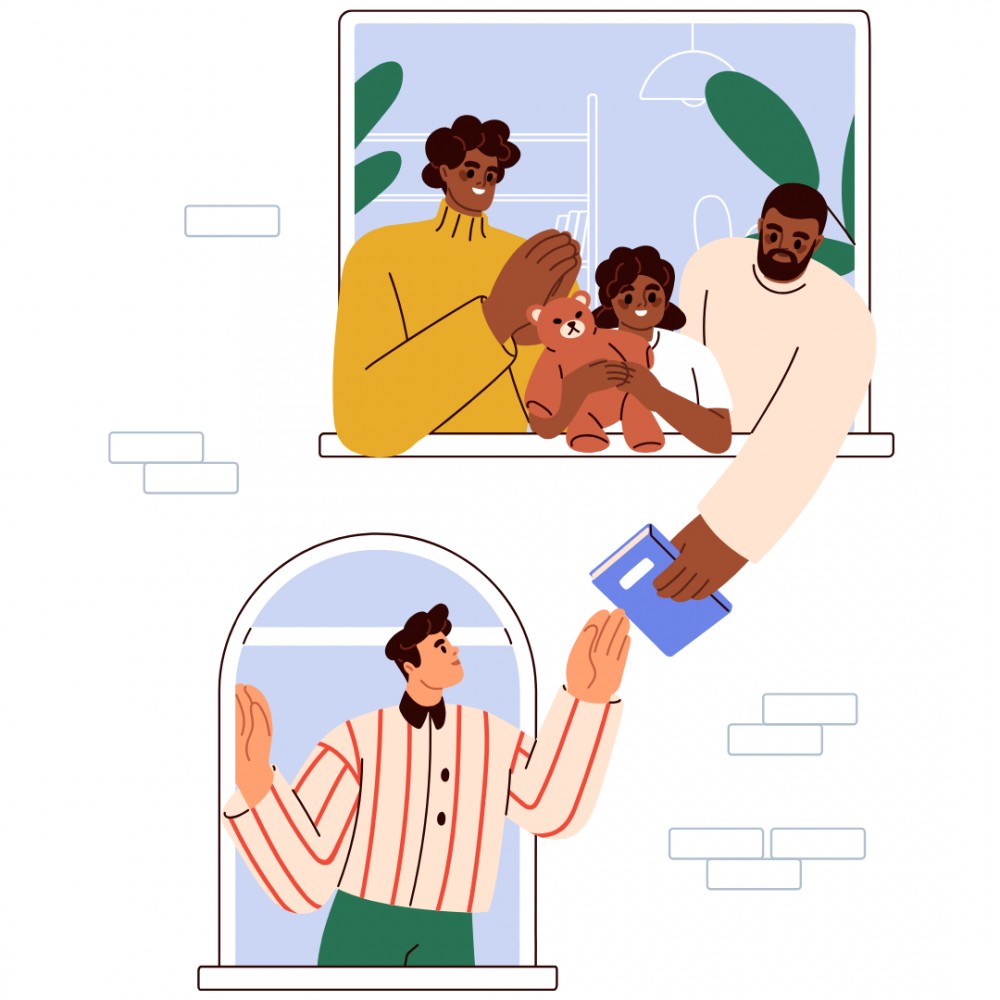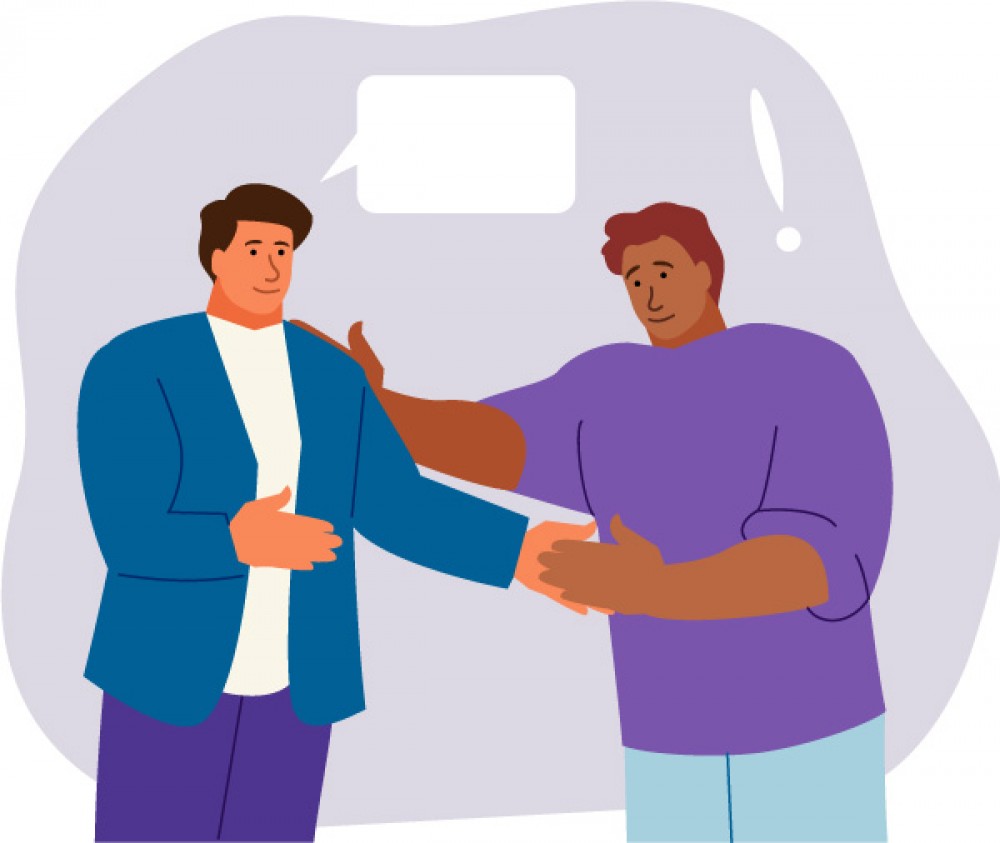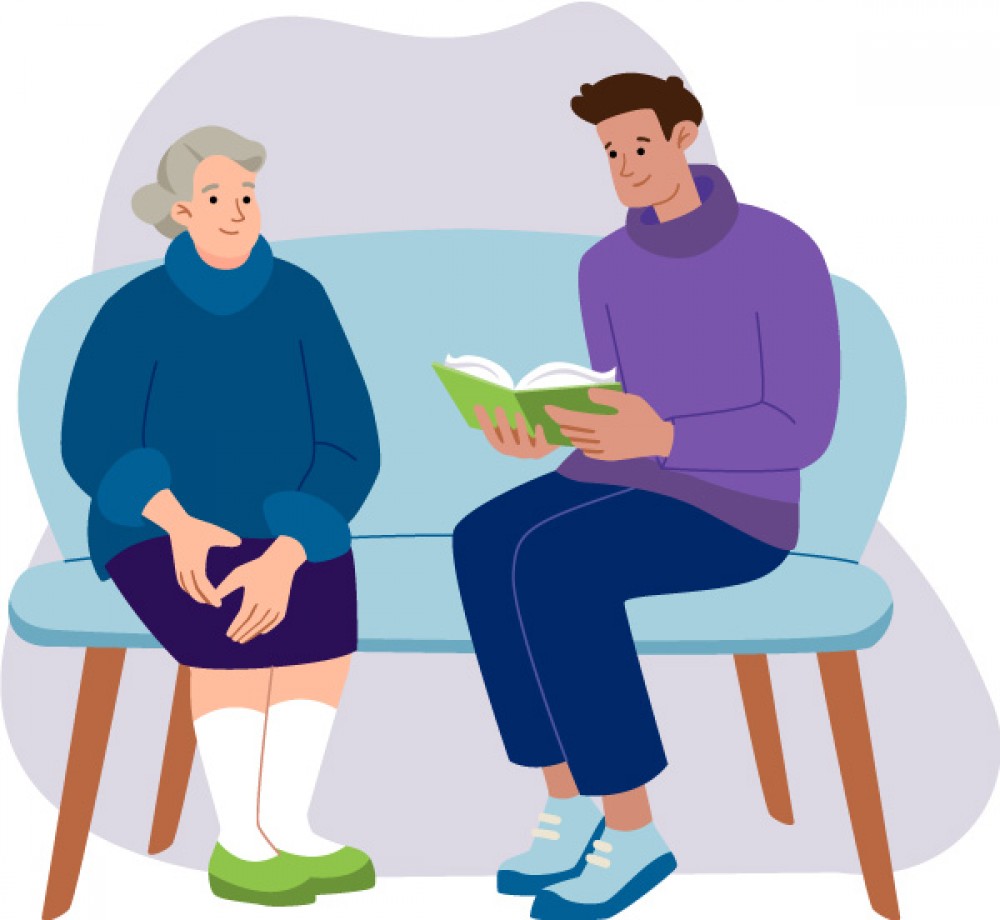How to build new connections in your community
Share:
Why is community connection important?
Feeling connected to your community means you’re less likely to feel isolated, and more likely to have a support system in place if you do go through hard times. It also helps you sustain good mental wellbeing; people who feel a strong sense of belonging in their community are three times more likely to report very good or excellent mental health.
According to Te Whare Tapa Whā, taha whānau (family and social connection) is one of the ‘walls’ that hold up the whare (house) that is our wellbeing. Taha whānau is about who makes you feel you belong, who you care about and who you share your life with. Whānau includes extended relationships – not just immediate relatives. It’s your hoamahi/colleagues, friends, community and the people you care about. You have a unique place and a role to fulfil within your whānau and your whānau contributes to your wellbeing and identity.
Step one: connect with your neighbours
If you want to be more connected to your neighbours, but aren’t sure where to start, there are a few small gestures you could make:
- When someone new moves into your building or your street, be welcoming. You could write them a welcome note, or just greet them and be friendly.
- Make conversation when you bump into your neighbours.
- Drop off cards for Christmas or birthdays.
Once you have built a good connection with your neighbours , you can take it a step further. Invite people around for a cuppa or organise a neighbourhood potluck. If you know someone is struggling, see if you can get together and organise them a care package. Not only will you be caring for your own wellbeing but learning how to care for each other as a community.


Step two: meet new people
To broaden your local connections, you may need to get more involved in community groups or activities. These are some places you can start:
- Attend events at your local library
- Volunteer at an opshop or soup kitchen
- Join a faith-based group or attend a church or mosque
- Go to a fitness class
- Find a class or group related to a hobby you’re interested in
- Join a parenting group
- Find a community support group for people with lived experience.
You could also try having more conversations with people at your workplace, school, or even at a local cafe or on the bus. To start with, just greet people and ask them how they are and see where the kōrero goes.
TIP: Building new connections can take time! Don’t be discouraged if not everyone you meet is open to conversation. Some people may feel nervous talking to someone they don’t know, so try to be aware of whether the other person is open to conversation or not. If not, try again with someone else.
Step three: deepen your connections
Many of us make friends more easily at school or at work because we see each other regularly. If you want to build your relationships with your local community, you need to be consistent. Showing up at the same place each week or each month (whether it’s a fitness class, volunteering, or going to a religious service) and seeing familiar faces there will help strengthen your connections. Once you've built those relationships, it’ll be easier to ask for and offer support when it’s needed.
Be proactive in your relationships. Organise to spend time together and check in on the people you care about.
TIP: if you're someone who moves around a lot, it's still possible to build community. You can apply a lot of this guidance to online community spaces, such as Facebook groups or Discord servers. You can still try to build connections, even if briefly, in your local community too.


Step four: connect outside your comfort zone
It can feel vulnerable to put yourself out there and make new friends. You might ask a friend or family member to join you when you go to a new group or event.
You may discover there are people in your community who have different views and life experiences. This shouldn’t prevent you from getting to know them or becoming friends - there’s a lot to be gained by being open-minded and connecting with people from different walks of life.
